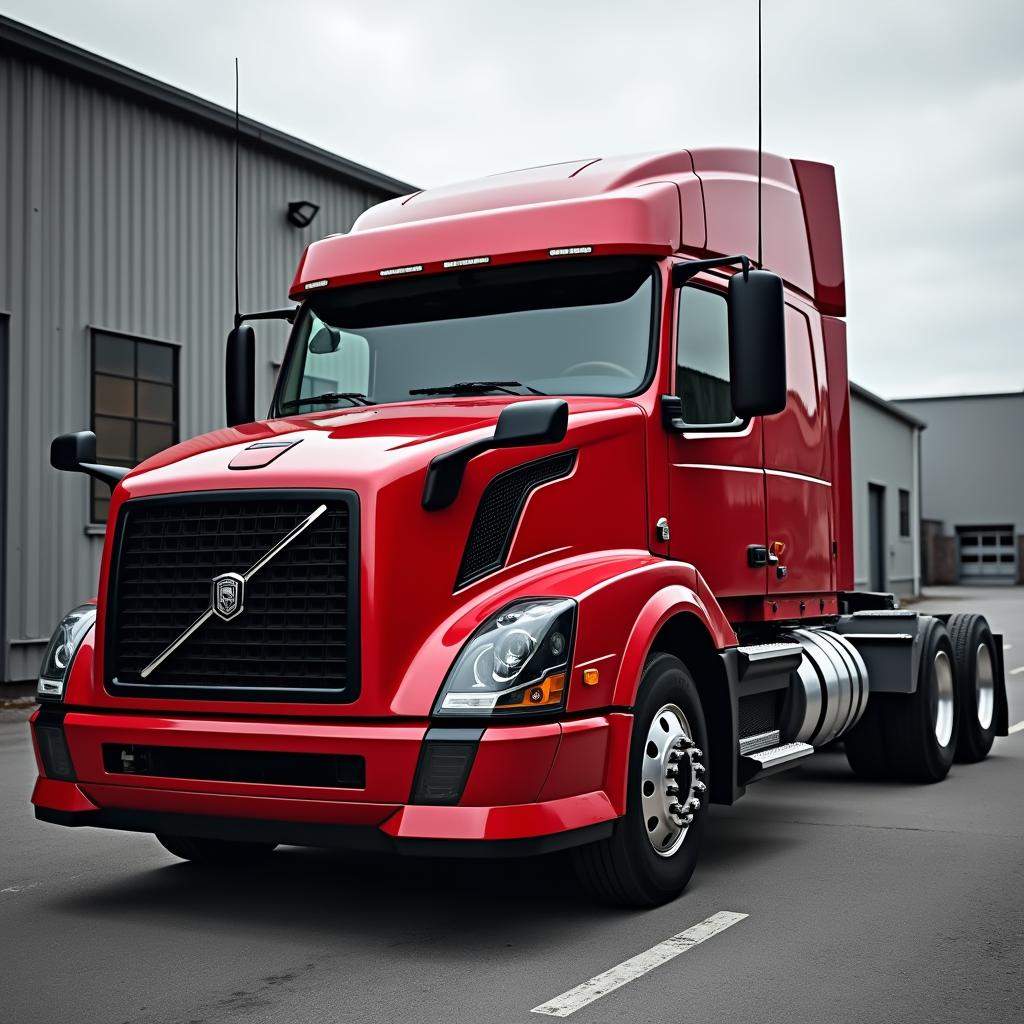Truck Leasing vs Buying: Which Saves More Money?
When it comes to acquiring a commercial truck for your business, the decision between truck leasing vs buying can significantly impact your bottom line. With both options offering distinct advantages and potential drawbacks, making the right choice requires careful consideration of multiple factors, from immediate costs to long-term financial implications.
H2: Understanding the Basics: Leasing vs Buying a Truck
Before diving into the financial details, let’s clarify what each option entails. When you buy a truck, you’re purchasing the vehicle outright, either through cash payment or financing. You’ll own the asset completely, assuming both its benefits and responsibilities. On the other hand, leasing involves renting the truck for a specified period, typically with lower upfront costs but ongoing monthly payments.
Key differences between leasing and buying:
-
• Ownership status
• Initial costs
• Monthly payment structure
• Maintenance responsibilities
• Tax implications
• Long-term equity building
H2: The Financial Impact of Buying a Truck
Purchasing a truck requires significant upfront capital but offers several long-term financial advantages. According to the IRS, truck owners can benefit from various tax deductions, including depreciation and operating expenses.
H3: Advantages of Buying
-
• Build equity in the vehicle
• No mileage restrictions
• Freedom to modify the truck
• Potential tax benefits
• Asset for your business
• Lower long-term costs
H3: Disadvantages of Buying
-
• High initial investment
• Responsibility for maintenance and repairs
• Depreciation concerns
• Higher insurance costs
• Risk of obsolescence
H2: The Economics of Truck Leasing
Leasing has become increasingly popular among businesses seeking flexibility and lower upfront costs. A study by the Equipment Leasing and Finance Association shows that approximately 70% of businesses choose to lease some of their equipment.
H3: Benefits of Leasing
-
• Lower upfront costs
• Predictable monthly payments
• Maintenance often included
• Regular upgrades to newer models
• Potential tax advantages
• Improved cash flow management
H3: Drawbacks of Leasing
-
• No equity building
• Mileage restrictions
• Potential wear and tear charges
• Long-term cost may be higher
• Less flexibility for modifications
H2: Cost Comparison: Breaking Down the Numbers
To make an informed decision about truck leasing vs buying, let’s analyze the costs involved in both options:
Initial Costs:
• Purchase: 20-25% down payment plus taxes and fees
• Lease: First and last month’s payment, security deposit
Monthly Expenses:
• Purchase: Loan payments, maintenance, insurance
• Lease: Lease payments (potentially including maintenance)
Long-term Considerations:
• Purchase: Equity building, resale value
• Lease: No asset ownership, potential end-of-lease costs
H2: Making the Right Choice for Your Business
The decision between leasing and buying should align with your business goals, financial situation, and operational needs. Consider these factors:
Business Factors to Consider:
-
• Length of intended use
• Annual mileage expectations
• Maintenance capabilities
• Cash flow situation
• Tax position
• Growth projections
H3: When Buying Makes More Sense
Buying might be the better option if you:
-
• Plan to keep the truck long-term
• Have available capital
• Want to build equity
• Need unlimited mileage
• Plan to modify the vehicle
H3: When Leasing Is Advantageous
Consider leasing if you:
-
• Prefer lower upfront costs
• Want predictable monthly expenses
• Regularly upgrade vehicles
• Have limited maintenance resources
• Need to preserve working capital
H2: Tax Implications and Financial Planning
Understanding the tax implications of your decision is crucial. According to the National Automobile Dealers Association, both options offer different tax advantages that could affect your business’s financial planning.
Tax Considerations:
-
• Depreciation deductions
• Interest expense deductions
• Lease payment deductions
• Sales tax implications
• Property tax considerations
H3: Record Keeping and Compliance
Regardless of your choice, maintaining proper records is essential for:
-
• Tax purposes
• Warranty claims
• Maintenance tracking
• Resale value documentation
• Financial planning
Conclusion
The decision between truck leasing vs buying ultimately depends on your specific business circumstances, financial position, and long-term goals. While buying offers long-term equity and potentially lower overall costs, leasing provides flexibility and lower upfront expenses. Consider your business’s unique needs, consult with financial advisors, and carefully evaluate all aspects before making your decision.
Ready to explore your truck acquisition options? Our team of experts is here to help you make the best choice for your business. Contact us at +1 206-337-4787 to discuss your specific needs and receive personalized guidance on whether leasing or buying is the right path for you. Don’t let this crucial decision overwhelm you – let our experience work for your success.







